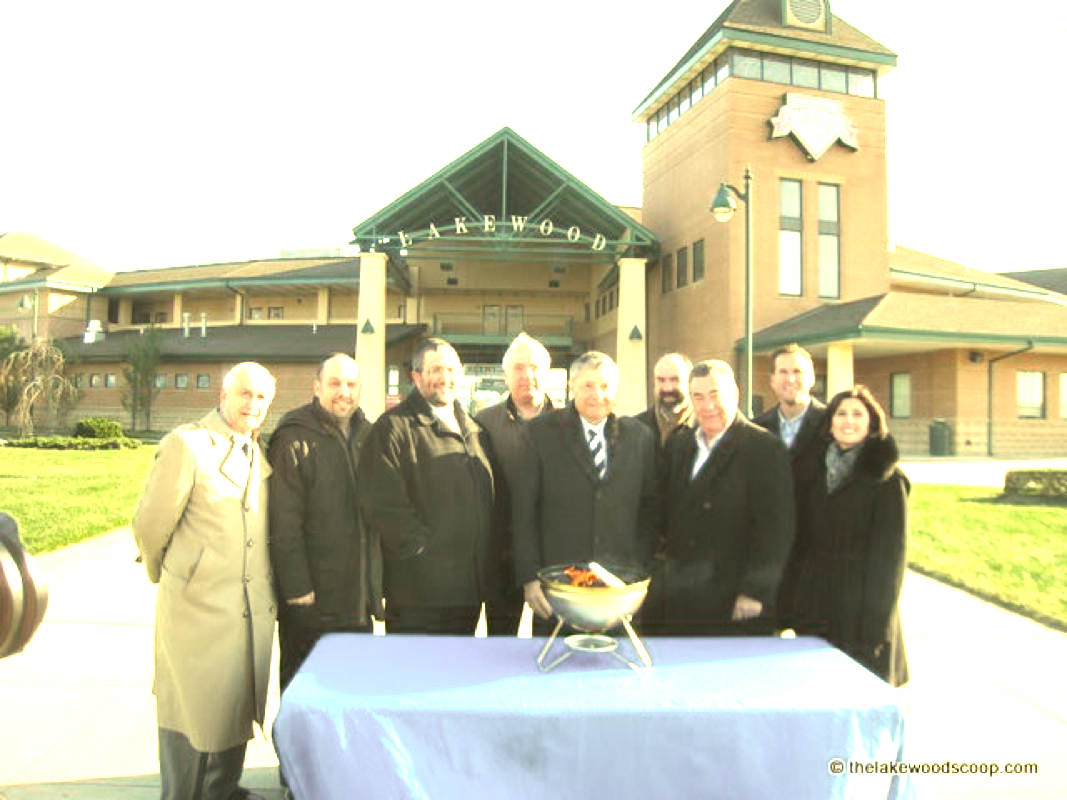Detroit is bankrupt. Government employees may lose millions in pensions. Utilities and services may be suspended in parts of the city. A call to police can take over an hour for a response.
Overlooking all of These problems, the Motor City is moving ahead with building a $450 million hockey stadium for the Detroit Red Hooks.
Michigan Republican Gov. Rick Snyder touted the plan as an investment in Detroit's future, saying the arena "should increase the tax base of the city longer term, and should increase the employment opportunities for Detroiters." But if that's what Detroit and Michigan lawmakers are banking on, they are setting themselves up to be sorely disappointed.
"Sports stadiums typically aren't a good tool for economic development," Victor Matheson, an economist at Holy Cross and an expert in sports economics, told Travis Waldron and me last year. As Matheson wrote in a study with economist Robert Baade, "Researchers who have gone back and looked at economic data for localities that have hosted mega-events, attracted new franchises, or built new sports facilities have almost invariably found little or no economic benefits from spectator sports." This is particularly true of a hockey arena that is only in use 41 dates a year (unless the arena's calendar is filled up with concerts or other events, and assuming there is not another lockout).
Adding insult to injury, the bankrupt city is going to be spending money to build a new arena for a bonafide billionaire. Mike Ilitch – who founded the Little Caesar's pizza chain and owns both the Red Wings and the Detroit Tigers – and his family have a net worth of $2.7 billion, according to Forbes. The Red Wings are the sixth most valuable NHL franchise. Yet public money is being ponied up to give them a new home.
This certainly isn't a problem that is unique to Detroit. The city of Glendale, Ariz., recently decided to give a huge package of subsidies to the NHL's Phoenix Coyotes, despite the fact that no one goes to see the team and the city is slashing public services. Washington, D.C., is about to spend public money building a new stadium for Major League Soccer's D.C. United. American taxpayers are actually paying some $4 billion to municipal bondholders for costs associated with stadiums, while Harvard professor Judith Grant Long has found another $10 billion in hidden costs to taxpayers for professional sports facilities. There are very few instances in which any of those "investments" are going to pay off in any meaningful way.
But Detroit's decision is even more ridiculous given its bankruptcy. On one hand are pensioners making $19,000 per year for their work for the city; on the other is a billionaire who owns an immensely successful restaurant franchise and two professional sports team. Thus far, the city has only ensured that it will be taking care of the latter.

 RSS Feed
RSS Feed